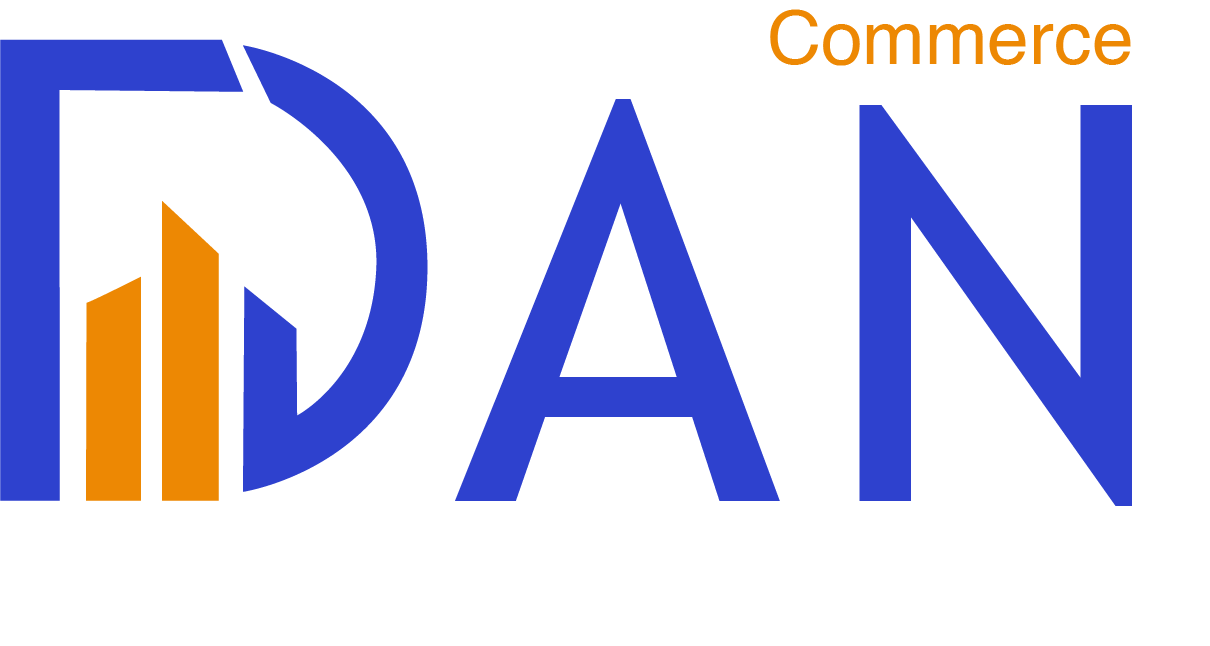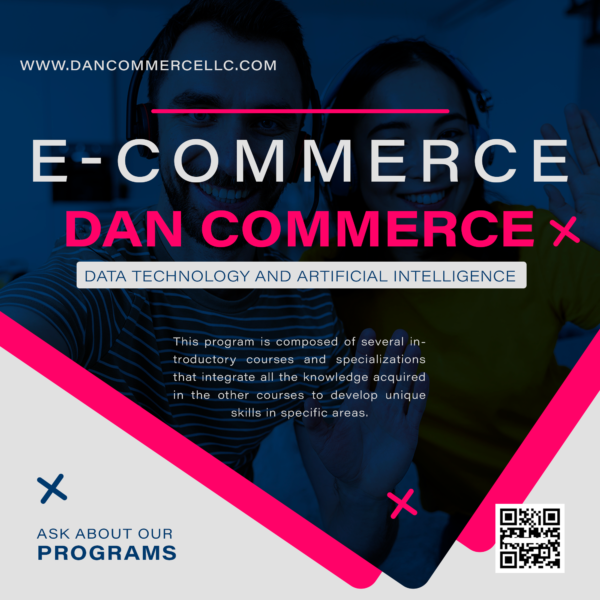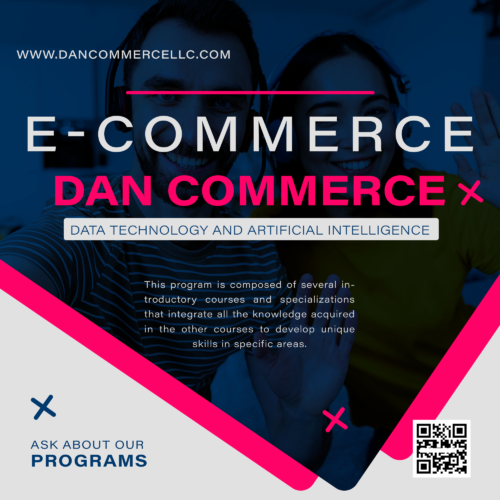Course Content:
Introduction to Data Science in the Business Context:
Definition and scope of data science applied to business.
Importance of data culture in decision making.
Differences between business intelligence, data analysis and data science.
Fundamentals of Statistics and Data Analysis:
Basic principles of descriptive and inferential statistics applied to business data.
Data exploration: cleaning, normalization and preparation of datasets for analysis.
Introduction to R and Python for business data analysis.
Predictive Models and Machine Learning:
Supervised machine learning techniques: linear regression, decision trees, and Random Forest.
Unsupervised algorithms: clustering, principal component analysis (PCA) and k-means.
Implementation of predictive models for sales forecasting, customer segmentation and process optimization.
Data Visualization for Decision Making:
Creation of enterprise dashboards using tools such as Tableau and Power BI.
Advanced visualization techniques to communicate key insights to stakeholders.
Storytelling with data: how to build effective narratives based on data analysis.
Real-Time Data Analysis:
Introduction to big data analytics and real-time processing technologies.
Implementation of data pipelines for real-time analytics with Apache Spark and Kafka.
Applications of real-time analytics in marketing, finance and operations.
Data Science for Marketing and Sales:
Advanced customer segmentation and behavioral analysis using clustering and classification.
Optimization of marketing campaigns with attribution techniques and propensity models.
Churn prediction and customer retention strategies.
Data Science in Finance and Operations:
Models for financial risk prediction and credit scoring.
Supply chain optimization using prescriptive analytics.
Application of time series models for demand forecasting and inventory planning.
Ethical and Privacy Issues in Data Science:
Ethical considerations in the use of business and personal data.
Compliance with regulations such as GDPR and CCPA in data handling.
Biases in predictive models and how to mitigate them in business decisions.
Final Project:
Development of a comprehensive project where participants will apply the data science techniques learned to solve a real business problem, from conceptualization to implementation.
Presentation of the final project to a panel of experts and evaluation of its potential impact in a business context.
Additional Benefits:
Certification in Data Science Applied to Business:
Upon completion of the course, you will receive a certification that validates your ability to apply data science to strategic business decision making.
Access to Advanced Tools and Resources:
You’ll get access to data analytics software licenses, real-world case study datasets, and business dashboard templates.
Mentoring and Networking:
During the course, you will have the opportunity to interact with data science leaders and industry experts, as well as participate in networking events.
Course Duration: 5 months
Modality: 100% online, with live sessions, practical exercises and access to recorded content.



Valoraciones
No hay valoraciones aún.